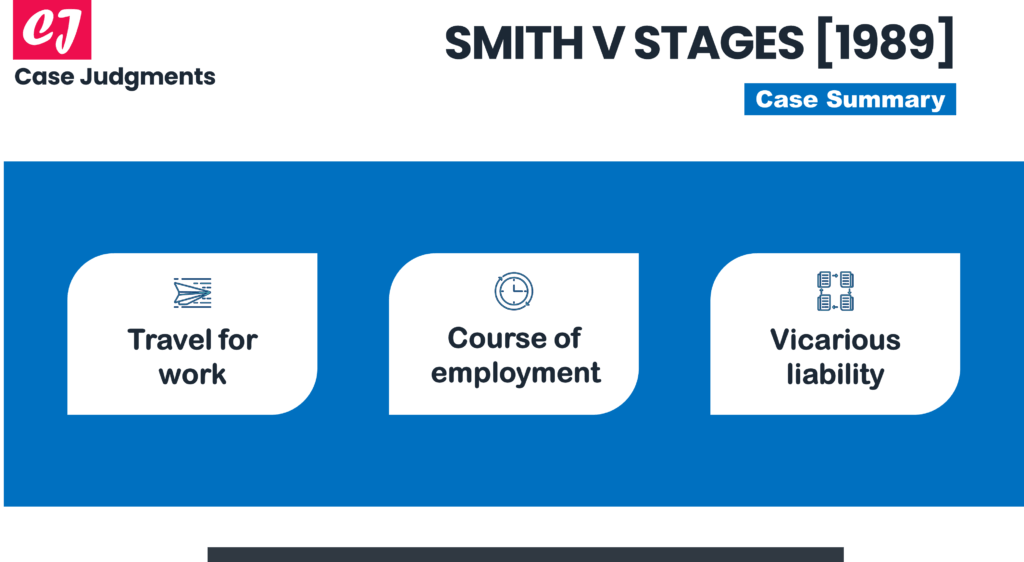
Hudson v Ridge Manufacturing Co Ltd [1957]: A Case Summary
Case name & citation: Hudson v Ridge Manufacturing Co Ltd [1957] 2 QB 348
Jurisdiction: England and Wales
Year of the case: 1957
Area of law: Employer’s liability
What is the case about?
Hudson v Ridge Manufacturing [1957] is a tort law case that deals with the liability of employers.
Case facts (Hudson v Ridge Manufacturing)
In the course of one of his pranks, a colleague wrestled another employee to the ground, which resulted in the employee’s wrist being broken. The colleague was well-known for being a practical joker and had a reputation for pulling pranks on others. This had been known to the employer for a considerable amount of time. The colleague had been told numerous times to stop this type of behaviour because it could cause harm, but to no effect.
As regards the injury caused on the day in question, the injured employee claimed damages from the employer.
Issue that arose
Could the employer be held liable for the injury caused? Did it owe a duty of care to ensure the employees were safe at work?
Judgment of the Court in Hudson v Ridge Manufacturing
It was held that the employer was liable for the injury because it was obvious that the prankster posed a risk of harm to fellow employees. The dangerous behaviour had been known to the employer for some time and it had failed to prevent it.
The reasoning behind the decision
Employment contracts often include terms that impose obligations on both employers and employees. One of which is that employers are required to make sure the staff they hire are competent enough to carry out the tasks they are required to do, and they must train them to use any equipment in the proper manner. This even extends all the way to making sure that known troublemakers and people who like to play practical jokes are disciplined or else dismissed.
In the given case, the employer owed a duty to ensure that the improper behaviour of the prankster stopped and that the employees are not exposed to any risk of harm. Since the employer company failed to do this, it was liable.
A different view
It may be worth noting that courts have taken a differing view in Smith v Crossley Bros (1951). Here, it was held that a single isolated prank did not subject the employer to liability.
List of references:
- https://nashashibilaw.weebly.com/uploads/2/0/5/9/20597118/principles_of_tort_law.pdf
- https://iuristebi.files.wordpress.com/2011/07/law-for-non-law-students.pdf
- https://www.lawteacher.net/cases/hudson-v-ridge-manufacturing.php
You might also like:
More from tort law:

